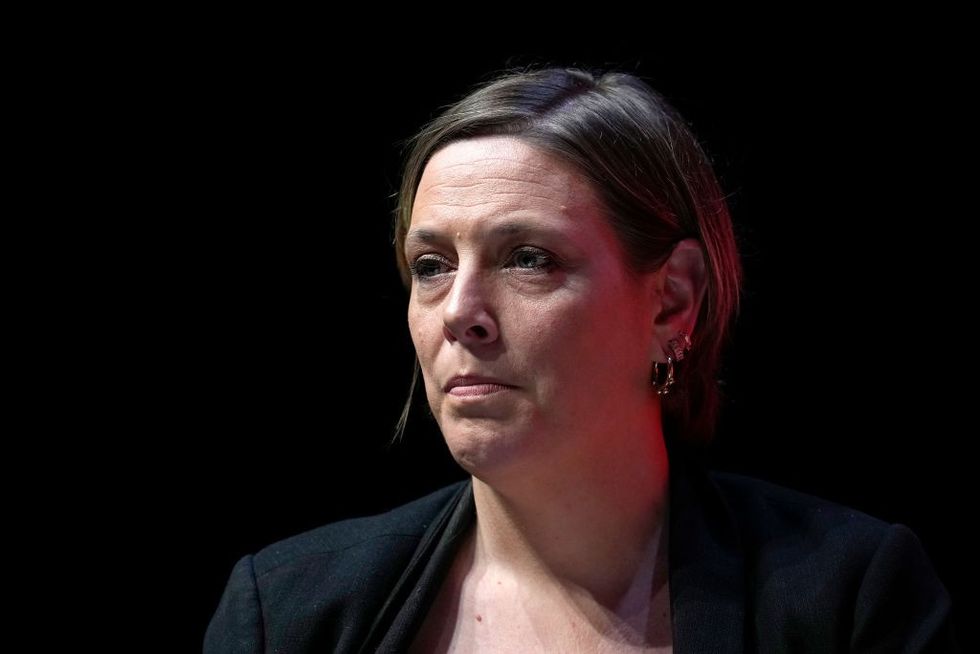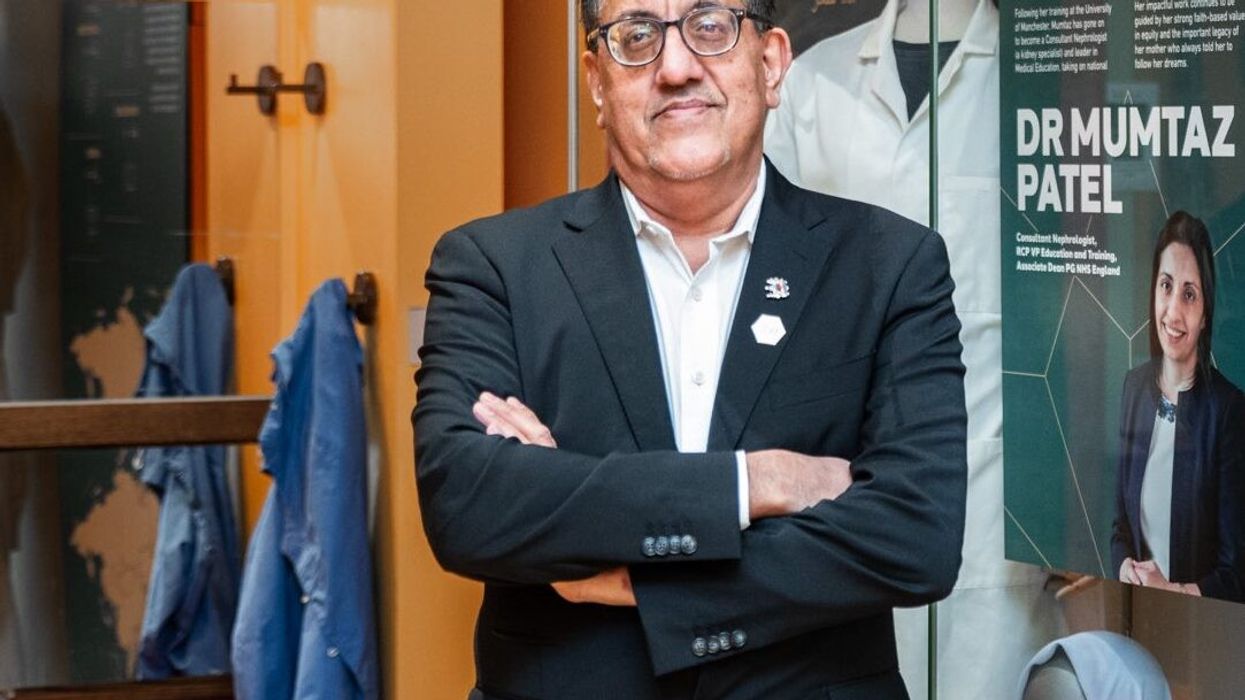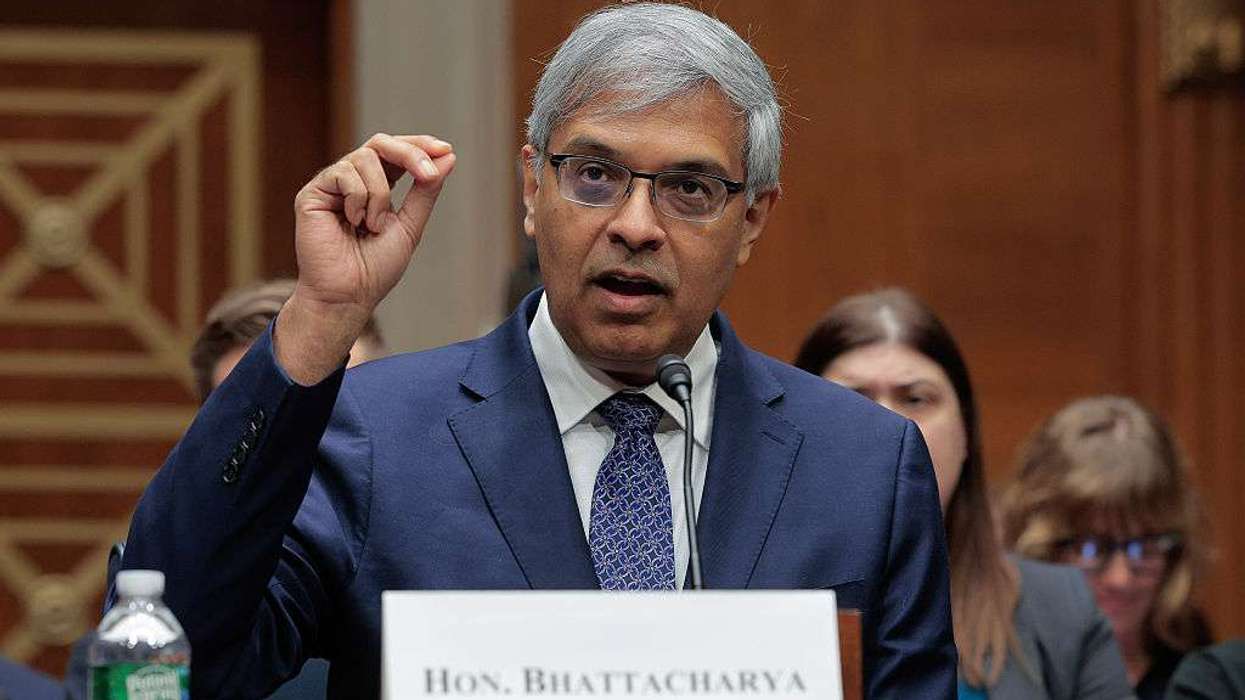A FORMER chief prosecutor has pushed back against calls from Elon Musk and Conservative politicians for a new national inquiry into child sexual exploitation in Britain.
Nazir Afzal, who successfully prosecuted the Rochdale child sexual abusers, pointed out that previous extensive inquiries were largely ignored by the Tory government.
"There has been an independent inquiry into child sexual abuse, the catalyst for which was so-called grooming gangs. It cost millions and the last government failed to accept much of its recommendations," Afzal told the Guardian.
The debate ignited after Musk, the owner of social media platform X, criticised Labour leader Keir Starmer over historical cases in Oldham and voiced support for imprisoned far-right activist Tommy Robinson.
The controversy deepened when it emerged that the Tory party had previously rejected similar calls for a national inquiry. A leaked letter revealed that in September 2022, then safeguarding minister Amanda Solloway had dismissed such requests, suggesting that local authorities should handle their own investigations.
Maggie Oliver, a former Greater Manchester police officer who became a whistleblower on police failings, expressed frustration at the political debate.
"We've already had a national abuse inquiry – seven years, 20 recommendations and none implemented," she said. "We need someone who is going to do something not just talk – more empty promises and political manoeuvrings."

The row began when current safeguarding minister Jess Phillips declined Oldham council's request for a public inquiry, stating that such investigations should be managed locally. This prompted criticism from Tory leader Kemi Badenoch, who called for a national investigation into what she termed "the rape gangs scandal".
A comprehensive inquiry led by Prof Alexis Jay had already examined abuse cases across England and Wales, concluding in 2022.
The investigation found that children in Oldham had been failed by protective agencies amid allegations of child sexual abuse by what it described as "predominantly Pakistani offenders". The inquiry covered multiple regions including Rotherham, Cornwall, Derbyshire, Rochdale and Bristol.
Labour has said it is "working at pace" to implement the Jay inquiry's recommendations and strengthening laws around reporting and investigating such crimes.
The controversy has led some Labour MPs to question the government's continued presence on X. One parliamentarian told the newspaper: "[Musk] has pushed it too far this time. Twitter [now X] is really rapidly becoming a cess pit, even for disinterested non-partisan types."
Afzal noted that another inquiry by former Tory home secretary Sajid Javid for the Centre for Social Justice had also been disregarded by the government.
He suggested that "local independent inquiries of the sort carried out in Telford are more likely to achieve safer streets and protect victims."





